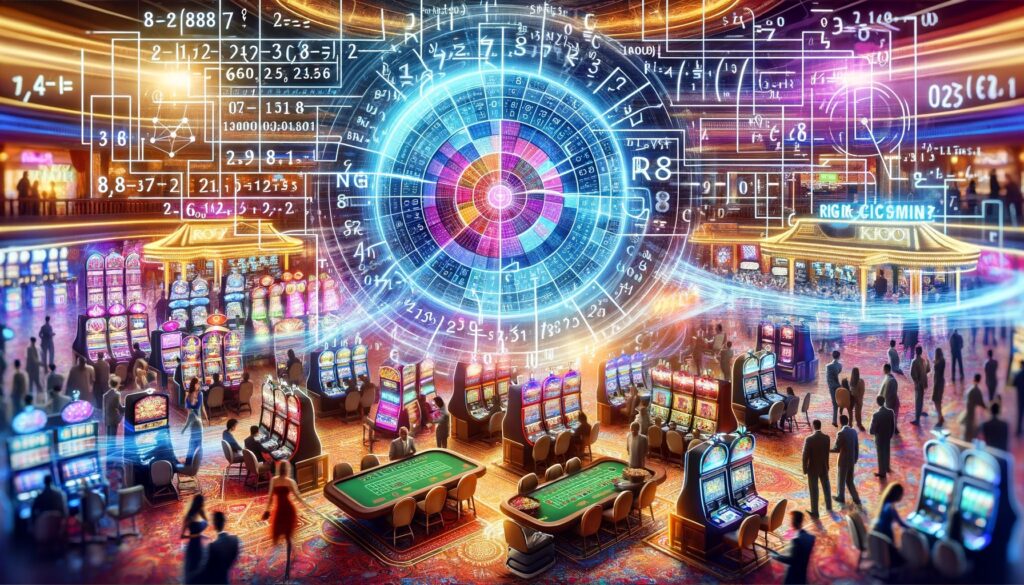Random Number Generation - how do casinos do it?
In live casino games, the randomness of a table game comes from the cards, roulette wheel, or other physical items. But how is this randomness provided in purely digital games like slots? To ensure that games are fair and random, casinos use something called Random Number Generators (RNG).
What is Random Number Generation and Why is it Crucial for Online Casinos?
There are two types of random number generators:
- Pseudo-Random Number Generators: These do not need external input to generate output. They use an initial value, a seed, and a complex algorithm to produce random numbers. In theory they are not truly random, but in practice they are.
- True Random Number Generators: These rely on physical phenomena to generate random numbers, such as atmospheric noise or a wall of lava lamps. They are not typically used in online casinos for practical reasons.
The RNG systems used in online casinos are of the pseudo random variety. They are essentially complex mathematical algorithms that generate a sequence of numbers. These numbers are so random that their patterns can’t be predicted, replicating the natural randomness of traditional games. The different games then use this random flow of numbers to ensure that any game events that are supposed to be random are random.
- Slots: The RNG makes sure that the symbols appearing on the reels are random. Different symbols will have different chances of appearing, depending on rarity, but the RNG makes sure that the chances of appearing for each symbol are correct and random.
- Card games: The RNG makes sure that the chance of drawing a card is correct and random.
- Roulette: The RNG makes sure that there is an equal chance of the ball falling into each pocket.
- Others: There are a multitude of events that need to be random in non-live casino games and these events all use the RNG systems to make sure they are random.
Ensuring Fairness of Random Number Generation System
As a customer, it’s all well and good to hear that things are random and fair, but how can you tell? It’s not like you can see the algorithm or the numbers when you’re playing. It’s all too easy to think that the games are rigged, especially if you hit a losing streak.
The answer is you can’t. But you can decide whether you trust that the licensing authorities, like the Malta Gaming Authority or the UK Gambling Commission, are doing their job or not. In Canada we have the Kahnawake Gaming License and the Alcohol and Gaming Commission of Ontario. These governmental institutes will be auditing the casinos and the game providers to make sure that the RNG systems are fair and working correctly.
These checks on the RNG systems will be done by specialists who will put the RNG systems through rigorous testing. Some of these tests are:
- Statistical Randomness Testing: Ensuring that the outcomes of games show no predictable patterns.
- Background Cycling: Running the RNG system for extended periods to detect any repetition or predictability.
- Output Analysis: Comparing the RNG outcomes against theoretical probabilities.
If the casino and game operators are licensed, you can be pretty sure that the RNG systems are fair and square. If you are unable to put your trust in the RNG systems, there are always live casino games available to you.
Conclusion
RNG systems are the backbone of almost everything game related that happens at the casino. They ensure that every slot spin, card deal, and dice roll is random and fair. If you aren’t playing live casino games, you use the RNG systems in every game you play. So, let’s hope that the numbers generated by the RNG systems work in your favor next time you play!
Until next time!



